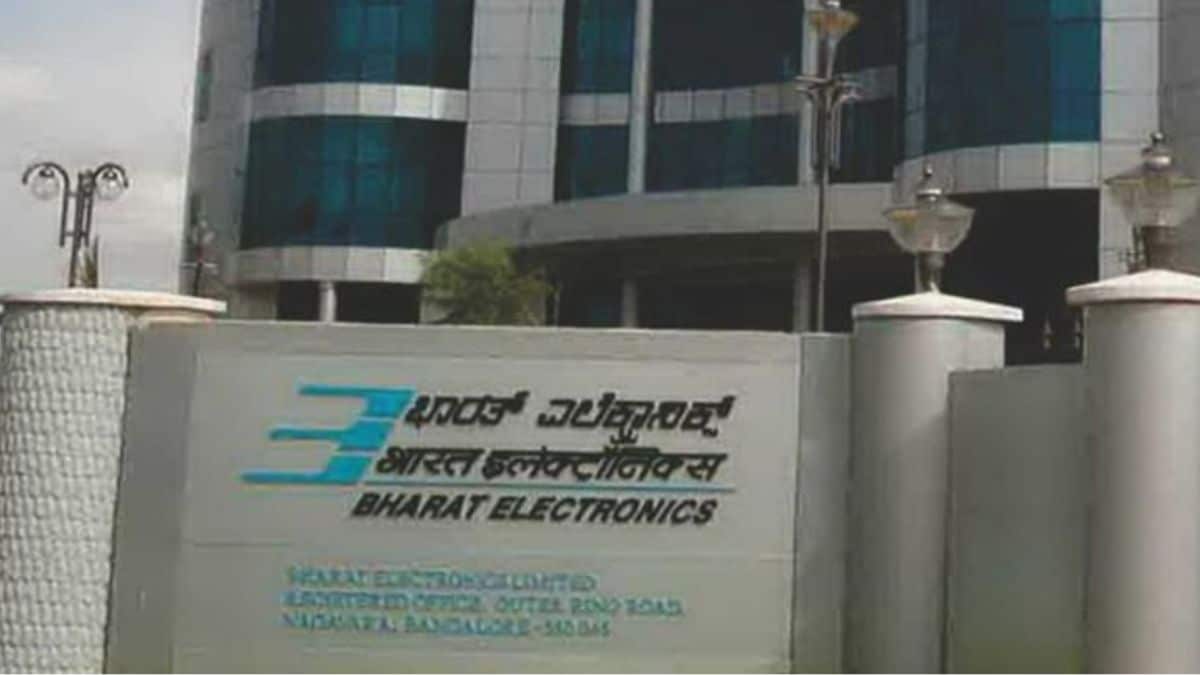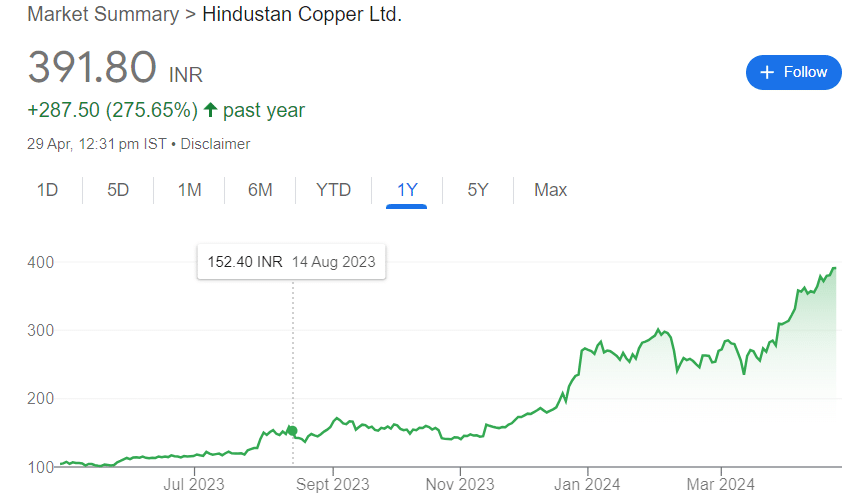Hydrogen Fuel Cell Electric Vehicles: Explore the promising world of hydrogen fuel cell electric vehicles (FCEVs) in this enlightening article. Discover how FCEVs harness the power of hydrogen to propel a cleaner, more efficient transportation future.
also read: Empowering Tomorrow: Proton Exchange Membrane Fuel Cells
Introduction: Hydrogen Fuel Cell Electric Vehicles
In the quest for sustainable transportation solutions, hydrogen fuel cell electric vehicles (FCEVs) have emerged as a promising contender, offering the potential to revolutionize the automotive industry and significantly reduce greenhouse gas emissions. As the world transitions towards a cleaner energy future, the spotlight on FCEVs grows brighter, heralding a new era of efficient and environmentally friendly mobility.
The Power of Hydrogen: A Clean Energy Source
At the heart of hydrogen fuel cell technology lies the power of the most abundant element in the universe: hydrogen. Unlike conventional vehicles that rely on combustion engines powered by fossil fuels, FCEVs utilize hydrogen gas to generate electricity through a chemical reaction with oxygen, producing only water vapor and heat as byproducts. This emission-free process makes hydrogen fuel cells a key player in the fight against climate change, offering a sustainable alternative to traditional internal combustion engines.
Efficiency and Performance
One of the primary advantages of FCEVs is their impressive energy efficiency. Unlike battery electric vehicles (BEVs) that require lengthy recharging times, FCEVs can be refueled quickly, offering drivers a comparable experience to conventional gasoline-powered cars. Moreover, hydrogen fuel cells boast higher energy densities than lithium-ion batteries, enabling FCEVs to achieve longer driving ranges without compromising performance.
Infrastructure Challenges and Progress
While the potential of hydrogen fuel cell technology is undeniable, the widespread adoption of FCEVs faces challenges, particularly in infrastructure development. Building a comprehensive network of hydrogen refueling stations is essential to support the growth of FCEVs, ensuring convenient access for drivers and fostering consumer confidence. Fortunately, governments, industries, and research institutions worldwide are investing in hydrogen infrastructure projects, laying the groundwork for a hydrogen-powered future.
Environmental Benefits
In addition to zero tailpipe emissions, FCEVs offer environmental benefits throughout their lifecycle. The production of hydrogen can be sourced from renewable energy sources such as wind, solar, and hydroelectric power, further reducing carbon footprints. Additionally, advancements in hydrogen production methods, including electrolysis powered by renewable energy, contribute to the sustainability of FCEVs, aligning with global efforts to mitigate climate change and reduce dependence on fossil fuels.
Economic Opportunities and Market Growth
The shift towards hydrogen fuel cell technology presents significant economic opportunities for industries and economies worldwide. As governments implement stringent emission regulations and incentives to promote clean transportation, automakers and energy companies are investing in FCEV research and development, driving innovation and market growth. Furthermore, the establishment of a hydrogen economy could create jobs, stimulate economic growth, and enhance energy security by diversifying fuel sources.
Challenges and Future Outlook
Despite the promising advancements in hydrogen fuel cell technology, several challenges remain on the path to widespread adoption. Cost barriers associated with hydrogen production, storage, and distribution need to be addressed to make FCEVs more competitive with traditional vehicles. Additionally, concerns regarding the safety of hydrogen storage and infrastructure must be effectively addressed to build public trust and acceptance.
Conclusion: Hydrogen Fuel Cell Electric Vehicles
Looking ahead, continued research, innovation, and collaboration will be crucial in overcoming these challenges and unlocking the full potential of hydrogen fuel cell electric vehicles. With ongoing advancements in technology and increasing global awareness of the importance of sustainability, FCEVs are poised to play a significant role in shaping the future of transportation, driving us toward a cleaner, greener, and more sustainable tomorrow.
also read: Empowering Tomorrow: Proton Exchange Membrane Fuel Cells










